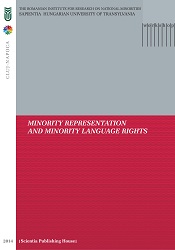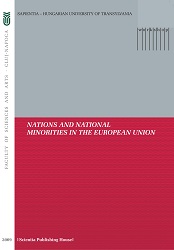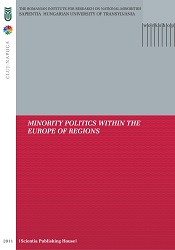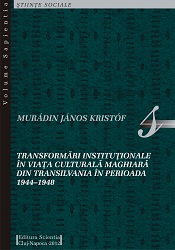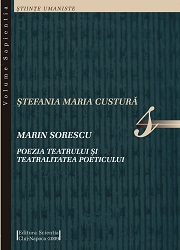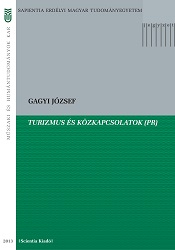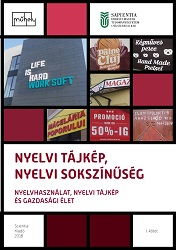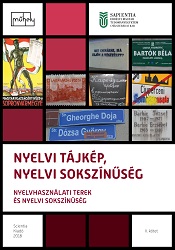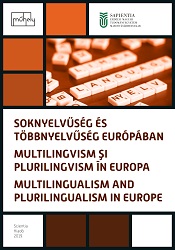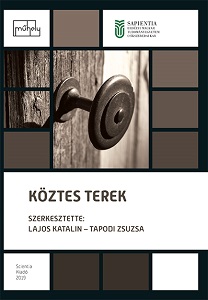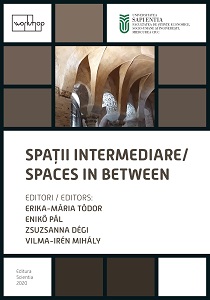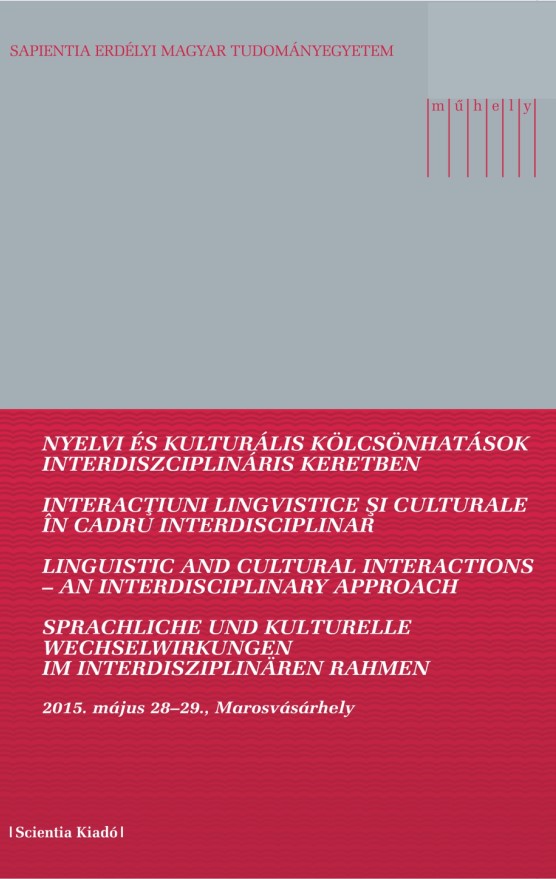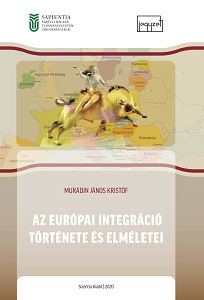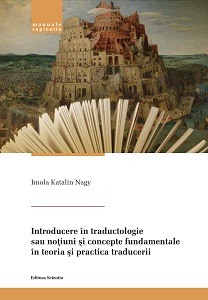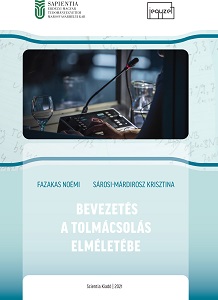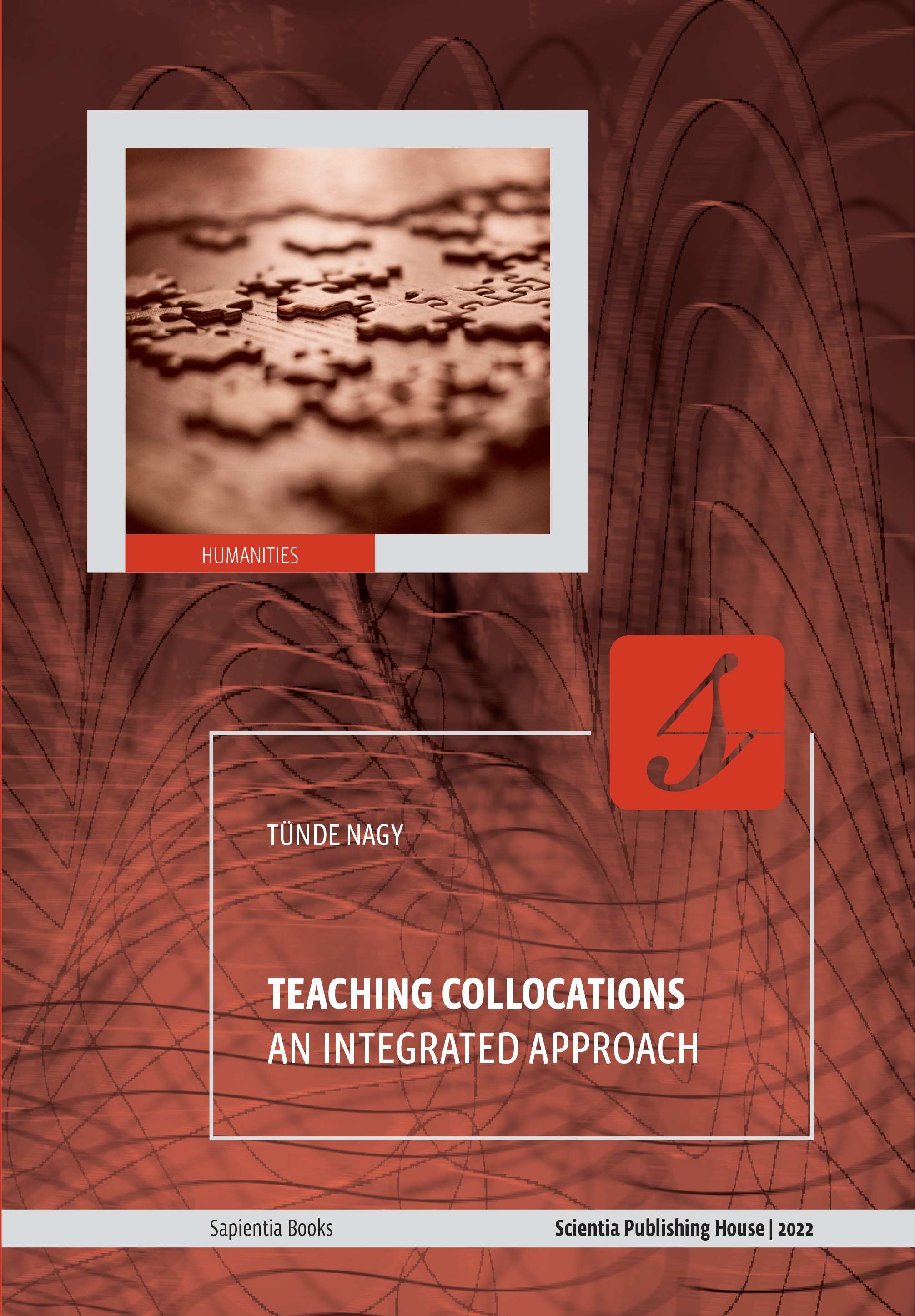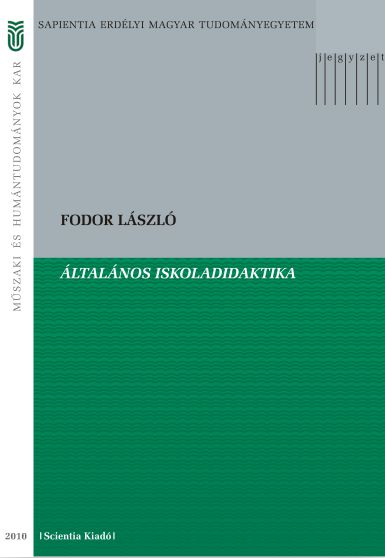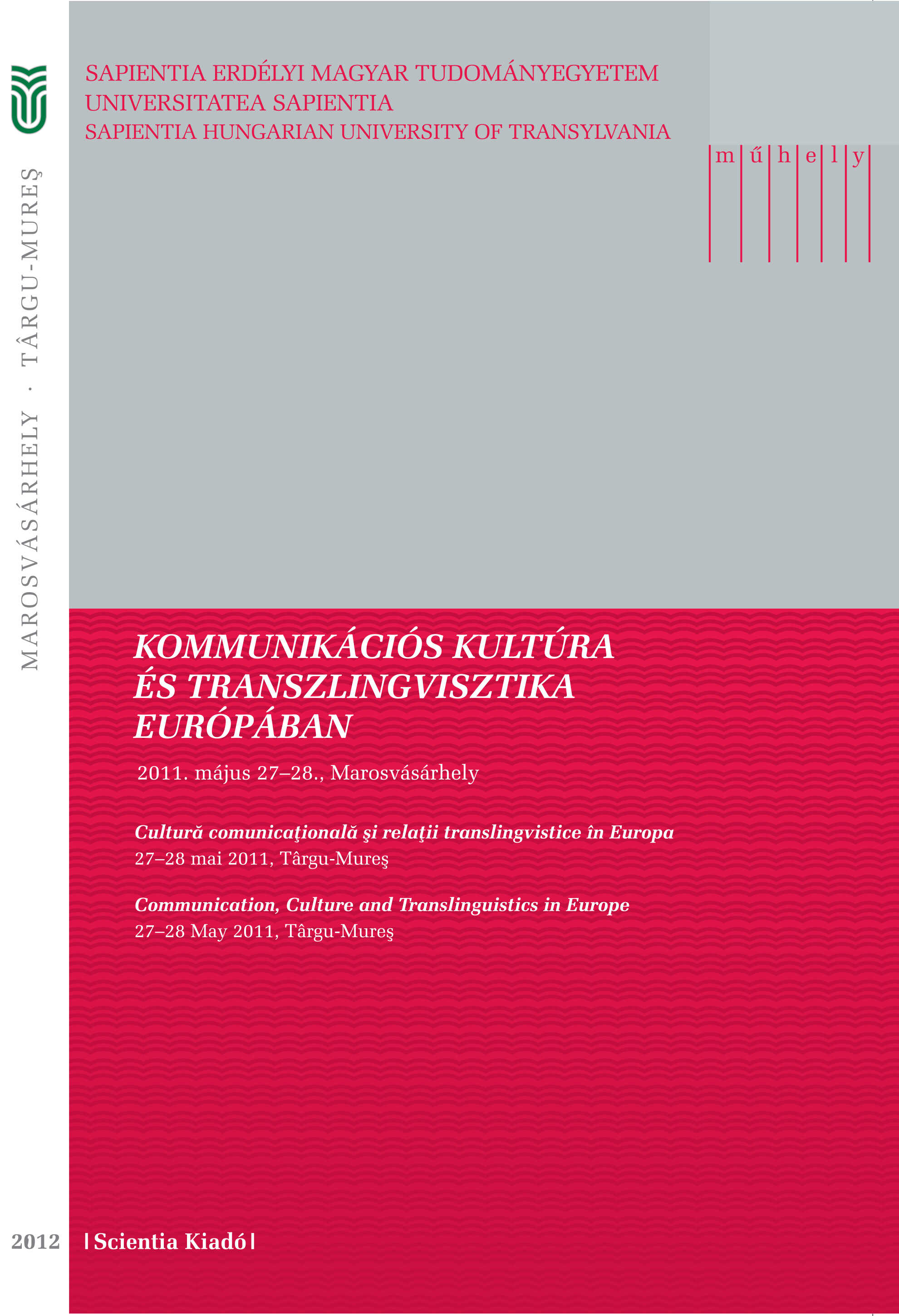Általános iskoladidaktika
Author(s): László Fodor / Language(s): Hungarian
Keywords: school didactics; didactic theory of school; classical and modern teaching strategies;
General School Didactics focuses on knowledge that is tightly connected with the process and phenomenon of schooling and education. its main target is to provide information with reference to the most important fields and facts of didactics, i.e. to offer theoretical support, general criteria and professional knowledge to practicing teachers and to those who are willing to become teachers in our schools. From the wide and varied areas of didactic issues, we have selected the ones that are essential from the perspective of the general and specific educational and pedagogical background teachers must be endowed with. Thus, the items of information and knowledge that are covered in our book have been carefully chosen in accordance with the necessities and characteristics of the didactical profession and the principles that guide the large area of teaching-learning activities in our schools. Another equally important criterion of choosing the topics is connected with the implementation of perspectives that define teachers’ teaching knowledge and competences, and with the introduction of the professional (didactical) terminology. The eighteen chapters of the book cover eighteen large topics that include more than one hundred specific issues and matters connected with pedagogical ideas and didactic concepts, paradigms, theories, models and research results. the first chapter makes an analysis of school didactics as a scientific branch of pedagogy, and as general didactic theory of school, of teaching and learning. the second chapter deals with the characteristics, modalities and patterns of school didactics. in chapters 3-5 we focus on current issues of the teaching, learning, and of the teaching-learning processes. Chapters 6-8 are dedicated to pedagogical, psychological and related aspects of the main actors of the educational process: the teachers and students. the following chapters present classical and modern teaching strategies, main didactic principles, traditional and alternative education forms, teaching instruments, means and materials, and lesson planning. the sixteenth chapter emphasizes the main facets and elements of didactic communication, the seventeenth makes a presentation of the problems of evaluation and ranking, the last chapter explains the most important global matters and quality criteria of the didactic activities in schools. We dare say and hope that the eighteen chapters of general school didactics, the argumentative, descriptive and practical efforts of the author will provide practicing and future (primary and secondary school) teachers with useful information and guidelines in relation with their profession, with the problems that they meets every day in schools, covering the most important thoughts, theories, reflections, descriptions, all the inherent problems of the matter. General school didactics focuses on knowledge that is tightly connected with the process and phenomenon of schooling and education. Its main target is to provide information with reference to the most important fields and facts of didactics, i.e. to offer theoretical support, general criteria and professional knowledge to practicing teachers and to those who are willing to become teachers in our schools. From the wide and varied areas of didactic issues, we have selected the ones that are essential from the perspective of the general and specific educational and pedagogical background teachers must be endowed with. Thus, the items of information and knowledge that are covered in our book have been carefully chosen in accordance with the necessities and characteristics of the didactical profession and the principles that guide the large area of teaching-learning activities in our schools. Another equally important criterion of choosing the topics is connected with the implementation of perspectives that define teachers’ teaching knowledge and competences, and with the introduction of the professional (didactical) terminology. The eighteen chapters of the book cover eighteen large topics that include more than one hundred specific issues and matters connected with pedagogical ideas and didactic concepts, paradigms, theories, models and research results. The first chapter makes an analysis of school didactics as a scientific branch of pedagogy, and as general didactic theory of school, of teaching and learning. The second chapter deals with the characteristics, modalities and patterns of school didactics. In chapters 3-5 we focus on current issues of the teaching, learning, and of the teaching-learning processes. Chapters 6-8 are dedicated to pedagogical, psychological and related aspects of the main actors of the educational process: the teachers and students. The following chapters present classical and modern teaching strategies, main didactic principles, traditional and alternative education forms, teaching instruments, means and materials, and lesson planning. The sixteenth chapter emphasizes the main facets and elements of didactic communication, the seventeenth makes a presentation of the problems of evaluation and ranking, the last chapter explains the most important global matters and quality criteria of the didactic activities in schools. We dare say and hope that the eighteen chapters of general school didactics, the argumentative, descriptive and practical efforts of the author will provide practicing and future (primary and secondary school) teachers with useful information and guidelines in relation with their profession, with the problems that they meets every day in schools, covering the most important thoughts, theories, reflections, descriptions, all the inherent problems of the matter.
More...
